Once, a few, few weeks ago there were two old man. One served in World War II, losing many friends to the Japanese. The other old man was drafted just as World War II ended, and he fought not against the Japanese soldiers. The man who lost friends, Clyde shall his name be, had walked the burned soils of Hiroshima mere weeks after an artificial sun-scorched the city. The other man, Mitty shall his name be, served two years in the peaceable gap between a world war and a peninsula war. Clyde made a career of the military. But they couldn’t be more different.
Despite his losing friends to the Japanese, Clyde held not to any grudges. He had walked among the scorched survivors of the Bomb. He had seen Japanese citizens starve. His heart softened even as it mourned. These people too had lost friends and family. The stories he told me held no anger, only sorrow and hope and joyful memory. He spoke not of Jap or Nip or Gook. He spoke fondly of Japanese children by name, of Japanese men who worked beside. Men who just a few months before would have tried to kill him. Now they spoke of family and shared their beer. Clyde spoke little of himself, touching only on his problems briefly. He preferred to speak of history, of the planes he so loved, and of his positive experiences.
Mitty lost few friends against the Japanese. Mitty did not walk the radioactive soil. Yet Mitty spoke of me of Japs and Nips and Gooks. He spoke of how different the world is now. Of how unfathomably fond the young are of Japan today. He spoke of himself– his retirement, his difficulties, his health, his wants. He failed to bend or consider the views of others. Merely labeling them as wrong or accusing them of being self-centered. He fought against everyone, feeling as if the world sought to encroach on his meager kingdom. He suggested the Japanese seek to take over through their cars and electronics and their culture.
Clyde remained open, not a grudge to be found against those who killed his friends and giving of his retirement time and funds. Mitty remained closed, feeling threatened by change and holding onto his small-minded view of his retirement kingdom. Unseen fear ruled him.
My tale draws from my experiences of people. As I’ve written in other articles, I’m astounded how many people feel threatened by otaku culture, Japanese culture, and Japanese products. And most aren’t members of the World War II generation. When it comes down to it, these people choose their behavior. They choose fear and closed-minded thinking. They choose to feel threatened. They choose to be self-centered.
Despite losing friends, Clyde wasn’t able to hold a grudge because he chose not to hold onto it. Walking Hiroshima and seeing the suffering war inflicted–even greater than his own losses–allowed him make his choice. On the other hand, Mitty didn’t see the suffering of the Japanese. We find it easier to be selfish and small-minded (alright, I might as well say it–racist) when we don’t meet the people we target. Racism depends on stereotypes to stoke the us-versus-them mentality.
Of course, selfish people tend to cling to ideas that confirm that selfishness. Us-verses-them is a selfish view. We are never the “them” in the thinking. We are always the “us,” the ones who are right and righteous. Such thinking prevents us from entertaining the perspective of the “them.” After all, they are wrong. Such thinking also creates a victim mentality. The “them” always being attacks the “us.” They seek to take away our rights; they seek to force us to do this or that. Most of the time, the “them” only wants to be accepted. Militarism exists among “them” and “us”.
For example, in the US some slivers of the LGBTQ community want to force all Christian groups to recognize their marriages despite how it would violate the Christian groups’ key tenants. Most Christians I know who don’t approve of LGBTQ lifestyles merely want to coexist without being forced to violate their views. Of course, the Christian community has its own militaristic elements that want to purge or redeem everyone they see as deviant. Again, this is us-versus-them thinking on both sides. You don’t have to approve of the “them” to live with them. Ironically, the us-versus-them approach decreases the ability of both sides to reach their goals. “Us” will change the minds of more LGBTQ members and Christians than fighting and arguing will. Yeah, I’ll go as far and say love changes people.
Mitty’s thinking extends to people of Middle Eastern descent ever since 9/11 and even extends to any type of immigration into the US. This is particularly true of anyone with darker skin. I believe the US needs to rework its immigration policy, but becoming like Japan (which allows little immigration) isn’t the correct course.
All of this comes down to choice. We choose to be afraid and to embrace us-versus-them thinking. People choose to bully otaku (which still happens often). People choose to be Clyde or Mitty. Granted, the choice isn’t always easy. Our brains develop neural patterns that make the choice difficult. However, those neural networks will change if we consistently choose to be like Clyde instead of being like Mitty.
You don’t have a grudge against the Japanese like Mitty. You wouldn’t be reading JP otherwise! But all of us are Mittys in different areas of our lives. It takes awareness and actively choose an “us” approach instead of the false binary of us-versus-them. With time, our thoughts will change, and the choices will become a matter of habit.
I know this is a weighty topic for an anime and otaku culture blog. However, anime fans face this problem too. Because of how different otaku culture can be, how different anime and manga can be, people can see it as wrong, or at the least, immature and weird. In turn, this can translate to bullying and parental crackdowns and even court crackdowns. Racism and bullying and other problems stem from the same Clyde and Mitty thinking. It can only be changed one person at a time; it can only change with you. You can decide to be like Clyde or like Mitty.
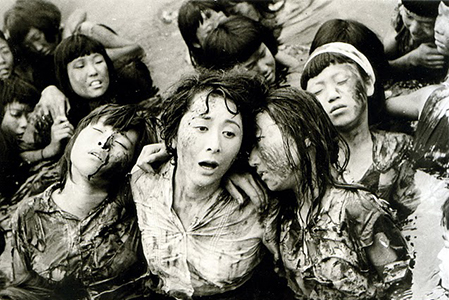
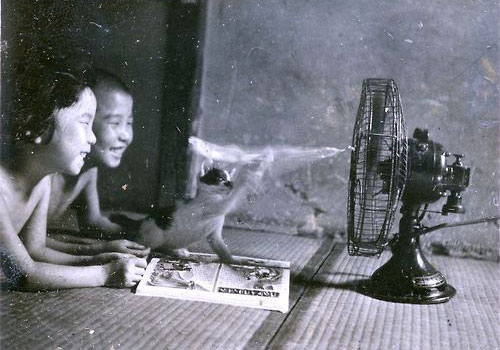
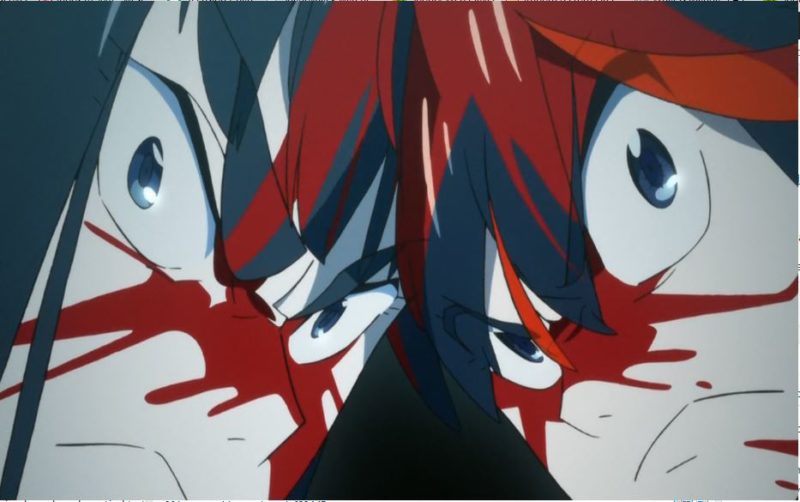
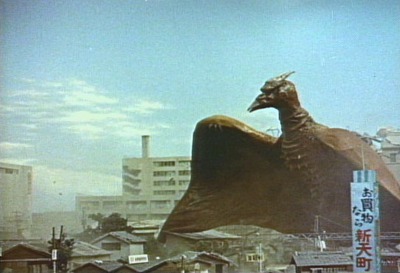
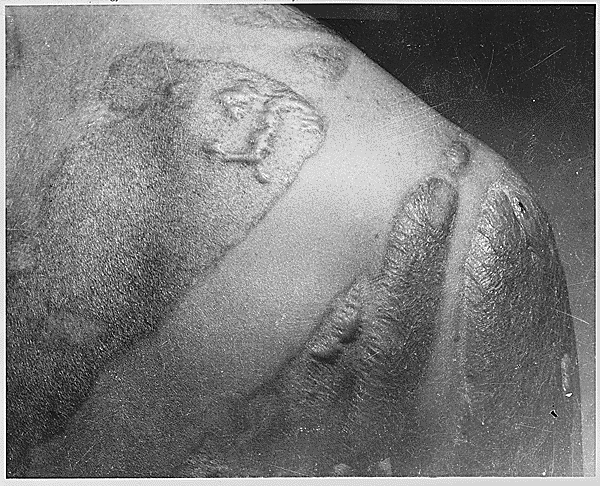
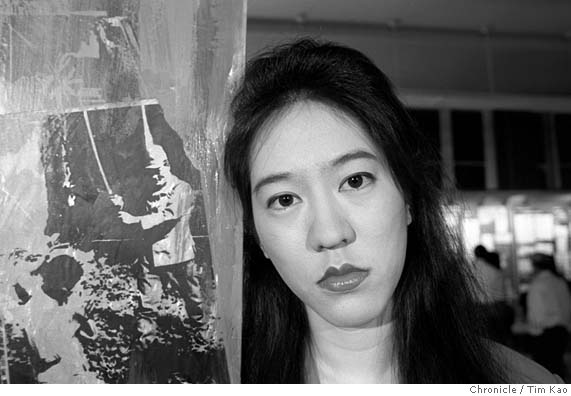
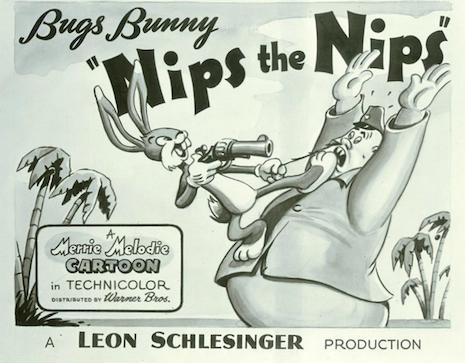
Thank you for writing such an interesting post! It is a very well-written one and I agree with your points about the the us-versus-them mentality. Especially when you wrote “But all of us are Mittys in different areas of our lives.”
I like how your blog deals with all sorts of topics – ranging from anime/manga to gender issues and art of living. It has been very eye-opening for me. Your mature point of view has helped me to look at some issues in a different way.
Anime fans have it easier in my country. Some parents might just find it too childish or obscene but most of the people I know just accept it over time. Fans are not bullied at school. Anime culture is actually growing here. There is less “racism” too, since we only fought in the second world war because we were a small British colony. People here do not hold any grudges.
I am surprised that in the US, where it has a bigger fanbase, enthusiasts are not well-regarded in some areas.
Thank you for reading and commenting!
While JP remains broad, I do my best to remain focused on the intersection between Japanese culture and International/American culture. If this was a personal blog I would write about the Roman Empire, Ancient Greece/Egypt, Computer Programming, Gardening, Astronomy/Physics, Theology, and more. It would be a mashup haha. I’m a nerd and proud of it *puffs out my thin chest*. In any case, I’m glad you find the articles helpful.
My region of the US is conservative and rural. Anime has better acceptance elsewhere. I’m pleased to see the tides are changing. At the library I help manage, we see an increase in anime and manga interest across all age groups. And I do mean all. I’ve had 60 year-old men (and these are farmers and hunters) ask me where they can find Dragonball Z and other Japanese animation. It takes time for ideas to change, but they eventually will.
I see! It’s great that there’s more acceptance nowadays!
And wow! You have so many areas of interest! I have an interest in most of them too. If you ever create a personal blog in the future, could you notify me by email?
By the way, is there a problem with the contact form? Could you send me an email address I could contact you on? I have a suggestion for an article.
Certainly! I would likely announce it here too.
Yes. It looks like the contact form is broken. I will have to see about fixing it. I’ve sent you an email.
Hello! I’ve replied to your email but I have received this error message “The recipient server did not accept our requests to connect.” Is there any way I can solve the problem? I am using Gmail.
Hmm. From what I’ve read on Google’s emails, it is a server problem. I’ve received emails just fine on that account (just had one a moment ago). Try sending a clean one to me instead of replying. There might be a problem with the email’s headers.
I tried sending a new email and it still failed to deliver ^^;;;
Hmm. Not sure what is going on. My account looks okay and is receiving messages. You can always PM me over JP’s Facebook page. I will send you an alternate email address.
I like your post and you make some good points. I will say that while i’ve heard of people reacting to otaku culture the way you have i haven’t seen it myself.
I usually see it from parents and older adults whenever the teens talk anime at my library.